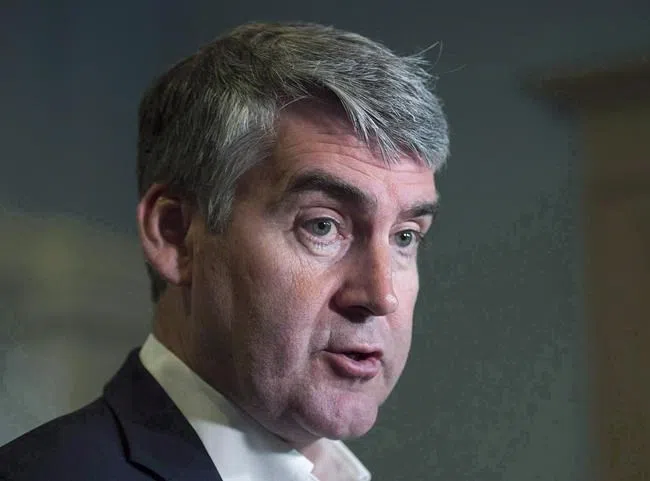
Nova Scotia’s family-doctor shortages a result of ‘zero’ past action: premier
HALIFAX — Opposition critics fired back Thursday after Premier Stephen McNeil said previous Nova Scotia governments did “zero” to address doctor shortages.
McNeil defended his government’s record when asked why doctor shortages appear to be growing, after a Halifax emergency room physician said the number of visits to his E-R had doubled over the last five years.
Following a cabinet meeting, the premier told reporters that doctor shortages are a national problem that his government has acknowledged, although he admitted there is more work to do.
“Again I will argue successive governments before ours believed this issue was going to go away and did zero to address it,” said McNeil.
